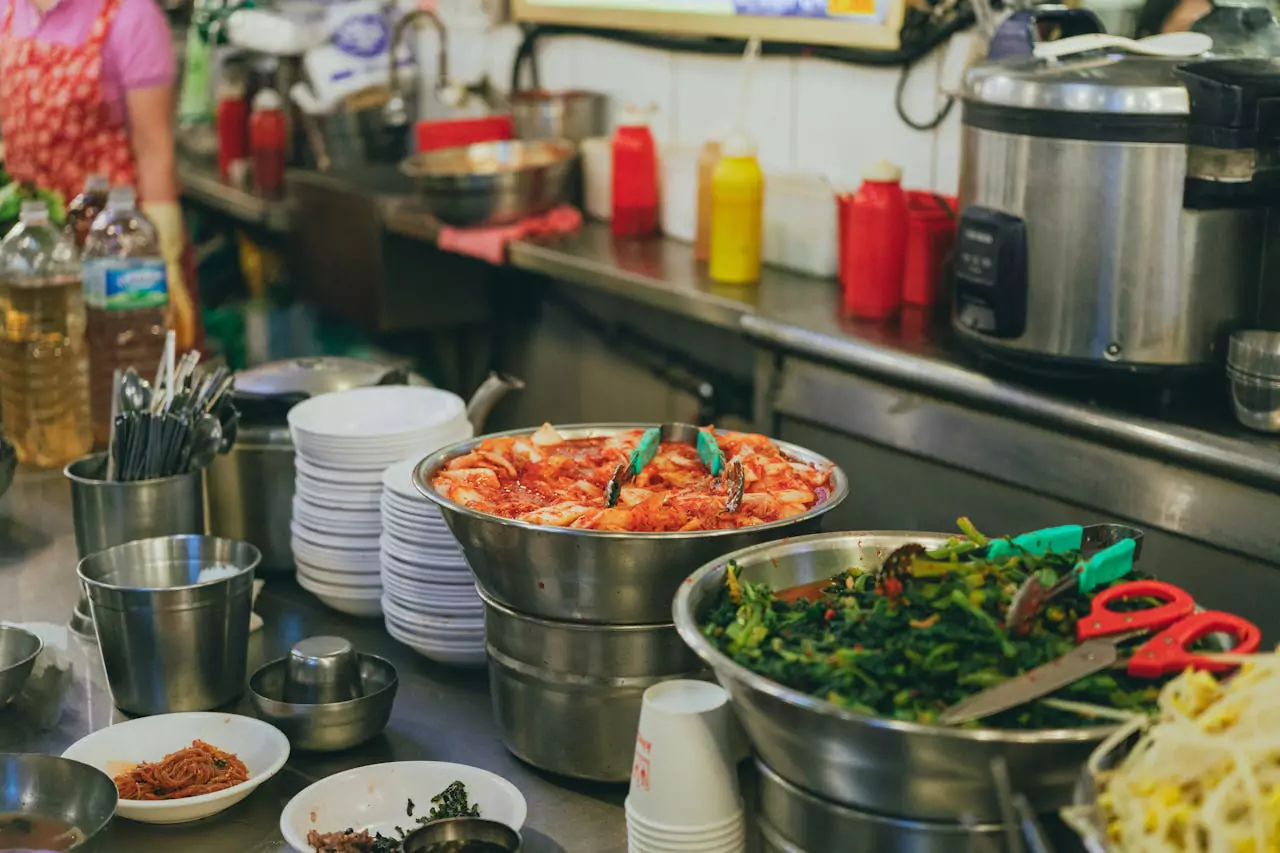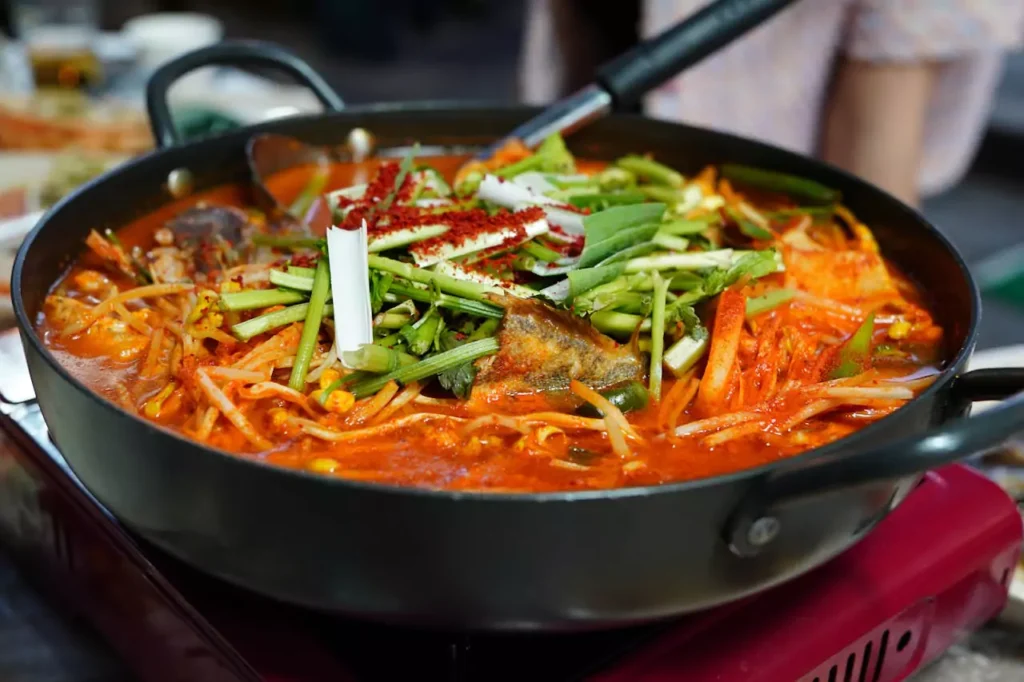
The Seeding The Future Foundation, in collaboration with the Institute of Food Technologists (IFT), has proudly announced the 2024 Seed Grant winners as well as the finalists for the Growth Grant and the Seeding The Future Grand Prize. These awards are part of the annual Seeding The Future Global Food System Challenge, which supports visionary innovations designed to advance sustainable, nutritious, and accessible food systems around the world.
This year’s Seed Grant recipients stand out for their compelling solutions that address some of the most urgent challenges in global food systems. These include crop protection, improved agricultural productivity, dairy safety, sustainable farming, land restoration, post-harvest loss reduction, and combating malnutrition in vulnerable populations, especially children.
Each of the eight Seed Grant winners will receive $25,000 in funding to advance their early-stage innovations. Seed Grants are awarded to promising projects that demonstrate a high level of innovation, feasibility, and impact potential—backed by a working prototype or validated proof of concept.
“We believe that bold, transformative ideas deserve recognition and support, even at an early stage,” said Bernhard van Lengerich, founder of the Seeding The Future Foundation. “The 2024 Seed Grant recipients embody the entrepreneurial spirit and technical ingenuity required to reshape food systems into models that are more climate-resilient, sustainable, nutritious, and equitable. Congratulations to these innovators and all the 2024 applicants who are working tirelessly to transform how we produce, distribute, and consume food globally.”
2024 Seed Grant Winners
The following eight innovators were selected as Seed Grant recipients for their breakthrough concepts and localized solutions to global food challenges:
- Alpha Omega Foundation (Cameroon): Their Ultrasonic Locus Repellent is a solar-powered, chemical-free technology designed to protect crops from locust infestations. This sustainable tool helps smallholder farmers safeguard their yields and promotes food security in locust-prone areas of Africa.
- Baobaby (Togo): Baobaby is revolutionizing infant nutrition by developing indigenous baby food made from climate-resilient crops such as millet, sorghum, and baobab. Their solution replaces costly milk-based formulas while supporting female farmers through training in climate-smart agricultural practices.
- BIO PLANET TMC Ltd. (Benin): This organization tackles soil degradation and low yields by collecting organic waste and converting it into high-quality, pest-controlling organic fertilizer. By distributing the fertilizer to indigenous small-scale farmers across West Africa, BIO PLANET boosts productivity and income.
- MAMLO FOODS, Ltd. (Kenya): The MAMLO FOODS Micro-Factory Model localizes peanut processing in western Kenya, reducing post-harvest losses and adding value to raw crops. The initiative also trains 500 women smallholder farmers in improved agricultural practices and post-harvest management.
- National Agricultural Research Organization (NARO) – NaSARRI (Uganda): This project focuses on enhancing nutrition and resilience by promoting climate-resilient varieties of greengram and sorghum. Combined with biodynamic manures, the initiative aims to increase productivity and food security in semi-arid regions of Uganda.
- Safi International Technologies (Canada/Rwanda): Safi has developed a solar-powered, low-cost pasteurization control unit tailored for small-scale dairy producers. This innovation ensures milk safety by eliminating pathogens while preserving vital nutrients, thereby improving public health in Rwanda’s Eastern Province.
- University of Illinois Urbana-Champaign (USA/Namibia): This project introduces a sustainable cold-press oil extraction technology for Kalahari melon seeds in Namibia. The method reduces the environmental impact of traditional oil extraction while increasing efficiency and supporting women entrepreneurs in drought-affected regions.
- Vexxel (USA): Vexxel has created biodegradable, protein-based smart biocapsules equipped with biosensors that detect pathogens and release agrochemicals only when needed. This targeted delivery system reduces chemical usage and enhances food safety while maintaining environmental integrity.
2024 Growth Grant and Grand Prize Finalists Announced
In addition to the Seed Grants, the Seeding The Future Foundation and IFT have revealed the finalists for the Growth Grant and the prestigious Seeding The Future Grand Prize. Winners in these categories will be announced in June 2025.
- Up to three Growth Grant winners will receive $100,000 each to scale their solutions and amplify their impact.
- Up to two Grand Prize winners will receive $250,000 each, representing the highest level of recognition and support in the Challenge.

Growth Grant Finalists
These projects have advanced from early-stage innovation to scalable, growth-ready solutions aimed at creating lasting change in food systems:
- Council for Scientific and Industrial Research Institute – SARI (Ghana): The institute is developing a near-infrared (NIR) screening tool to rapidly detect aflatoxin-resistant groundnuts, addressing widespread contamination and its associated health risks.
- Munakyalo Agrofresh (Uganda): Their solar-powered, IoT-enabled cooling hubs are revolutionizing post-harvest management by extending the shelf life of perishables and reducing spoilage in rural communities.
- Smartel (Rwanda): Smartel’s IoT-smart hydroponic systems are designed for sustainable, climate-resilient food production. These systems enable year-round agriculture even in areas facing water scarcity and climate volatility.
- SOS: Sea-Land Symbiosis (Dominican Republic): This project explores symbiotic ecosystems between marine and terrestrial environments to promote biodiversity, food security, and sustainable livelihoods in coastal communities.
- Toothpick Company Ltd. (Kenya): Their innovative bioherbicide technology, based on a naturally occurring fungus, reduces the need for chemical herbicides, improving soil health and crop outcomes for smallholder farmers.
- Yayasan Kopernik (Indonesia): Through the PANGAN Program, this initiative aims to revitalize indigenous farming systems while building sustainable food networks that support climate-resilient bioeconomies and community self-reliance.
Seeding The Future Grand Prize Finalists
These organizations represent the forefront of global food system transformation, with scalable, high-impact solutions that promote sustainability, equity, and nutrition:
- ABALOBI (South Africa): Leveraging ICT tools, ABALOBI empowers small-scale fishers by improving market access, traceability, and food security while promoting sustainable fishing practices.
- Agro Supply (Uganda): Their mission is to reduce aflatoxin contamination in maize through improved processing and fortified maize flour. This initiative enhances public health while creating economic opportunities for smallholders.
- Oorja Development Solutions India Pvt. Ltd. (India): Oorja is scaling a pay-per-use irrigation model bundled with sustainable farming advisory services, helping smallholders transition to climate-smart agriculture practices without heavy financial burdens.
- Savory Institute (USA/Kenya): In partnership with Maasai conservancies, this initiative focuses on regenerating degraded lands, preserving traditional food systems, and enhancing livelihoods in Kenya’s Mara region through holistic land management.
The 2024 Seeding The Future Global Food System Challenge demonstrates how science, innovation, and collaboration can accelerate transformative change across food systems. By identifying and supporting bold ideas at all stages of development, from early prototypes to scalable solutions, the initiative serves as a vital catalyst for progress in global food security, sustainability, and nutrition.
Are you interested in more details on any specific finalist or region?




